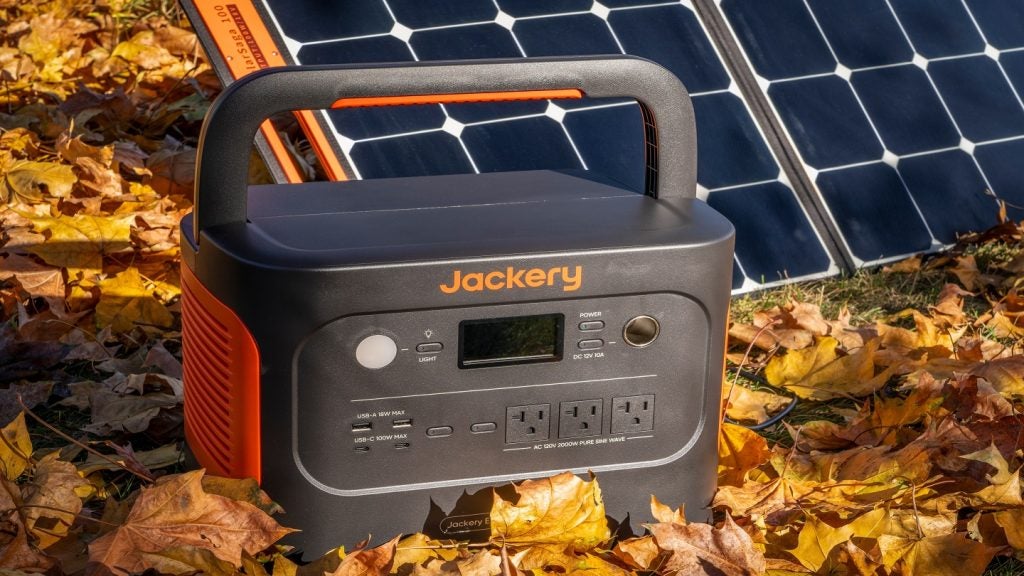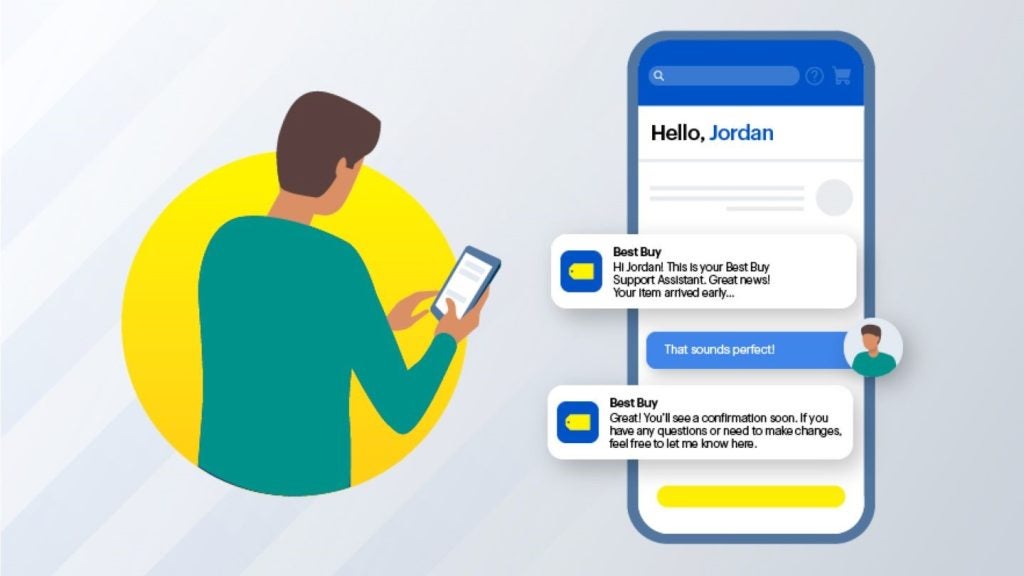
Last week Waitrose announced that from 3 April, free coffee will only be available to MyWaitrose card holders who also make a store purchase. No more free coffee. The old scheme, while enjoyed by many, had disgruntled some shoppers, with complaints that the offer attracted the ‘wrong kind of people’.
What sort of people like something for nothing? For the most part, millennials, also referred to as generation Y – the generation of people born during the 1980s and early 1990s. This generation is notoriously demanding, impatient and fickle, and will take advantage where the opportunity arises.
Sadly, while attractive, freebies are not the answer to developing genuine loyalty among millennials. The customers who streamed through Waitrose’s doors every day to pick up their free coffee a) weren’t buying anything instore b) angered ‘real’ Waitrose customers, and c) won’t stick around now the offer has ended.
So how can retailers engage this generation?
Make the customer feel special
Waitrose is not the first to think ‘free’ is best. Pret A Manger staff hand out free food and drinks to customers they like – Pret’s only version of a loyalty scheme. The policy has led to 28% of Pret’s customers getting something for free.
In Pret A Manger CEO Clive Schlee’s own words: “The staff have to give away a certain number of hot drinks and food every week. They will decide ‘I like the person on the bicycle’, or ‘I fancy that girl or that boy.’” But what about the other 72%? If anything, this approach to loyalty may offend some customers.
How well do you really know your competitors?
Access the most comprehensive Company Profiles on the market, powered by GlobalData. Save hours of research. Gain competitive edge.

Thank you!
Your download email will arrive shortly
Not ready to buy yet? Download a free sample
We are confident about the unique quality of our Company Profiles. However, we want you to make the most beneficial decision for your business, so we offer a free sample that you can download by submitting the below form
By GlobalDataThinking about new ways to excite customers – similar to the way Pret has – is key to engaging them. Other ways retailers can make customers feel special include early access to sales, invitations to exclusive events and even the right to skip queues instore.
Millennials are less focused on ownership – reluctant to buy houses, cars, music and luxury goods – and more interested in spending money on experiences. Ever popular sharing services such as Uber and Airbnb allow consumers access to services without the burden of ownership – now commonly referred to as the sharing economy.
Customer rewards, therefore, need to reflect this and combine savings with experiences. Tesco does this well, offering customers the option to trade in reward points for entry into theme parks, such as Alton Towers and Legoland.
Appeal to millennials’ nature
A key aspect in building customer loyalty among arguably self-centred millennials is through personalisation. Customer loyalty cards have generated a wealth of data on consumer shopping habits: what they buy, how they shop, how much they spend.
This data allows retailers to create targeted and interesting content for consumers – showing customers content that’s relevant and allowing them to pick their own offers. Both Waitrose and Boots do just that and allow consumers to choose products they want discounts on.
However, brands must tread with caution. Customers may be nervous about the detailed information companies have on them. They may also feel bombarded by emails if contacted too regularly.
For online shopping, the preferred shopping channel for generation Y, fixed-cost annual delivery charges are growing in use to encourage ongoing consumer spend. Ocado, Amazon and now Next offer consumers subscription packages in a bid to lock in spend. Packages can include fixed delivery charges as well as discounts on favourite brands and exclusive personalised offers.
Engaging generation Y is no easy feat, but with some lateral thinking and the right approach, retailers can gain customer loyalty in a competitive environment.






